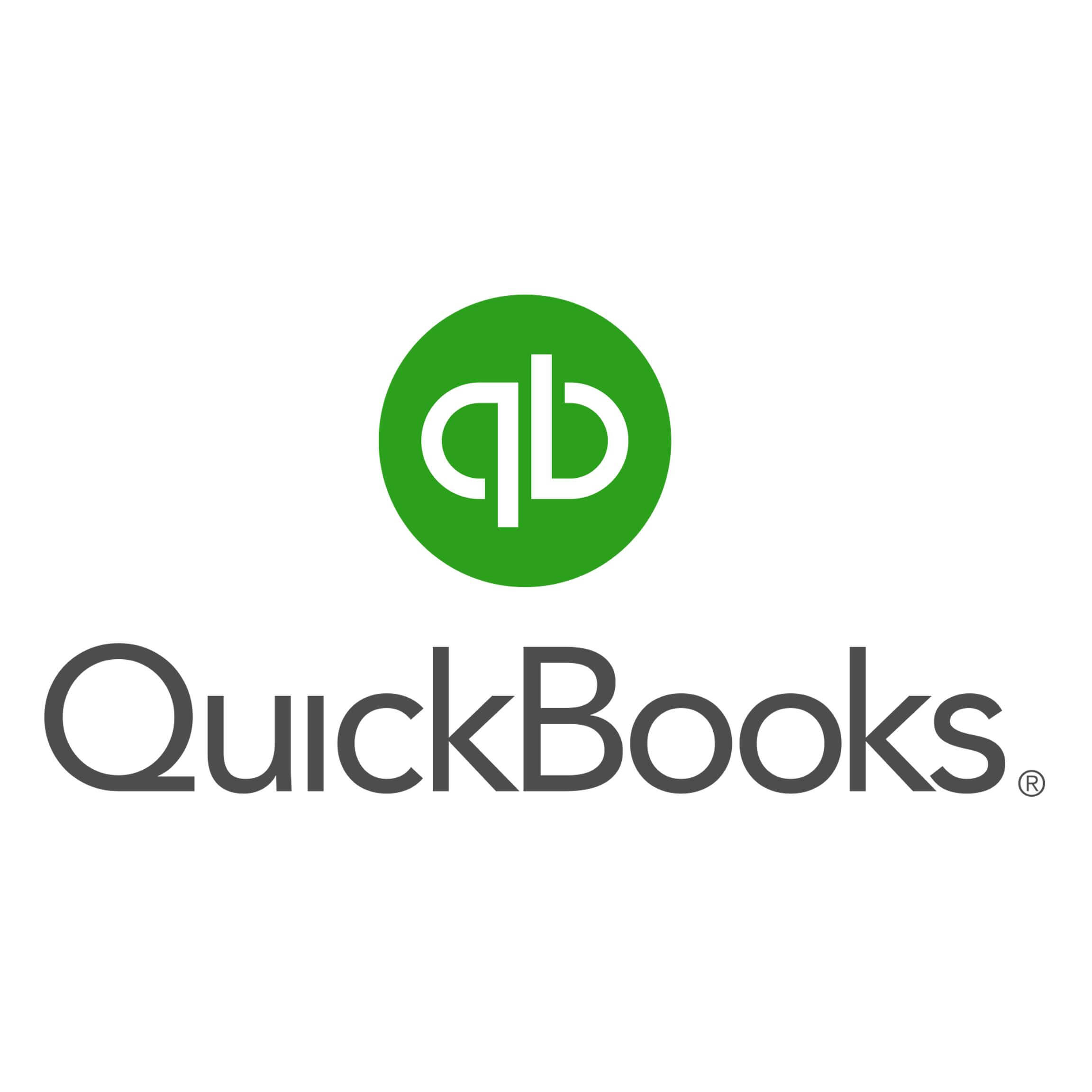The Impact of COVID-19 on Agriculture: Insights and Analysis
COVID-19 agriculture impact created unprecedented disruptions across global food systems, transforming supply chains, labor markets, and production methods while exposing critical vulnerabilities in modern farming operations. The pandemic fundamentally altered how food moves from farms to consumers, with effects ranging from massive crop losses due to labor shortages to revolutionary shifts toward digital agriculture technologies that continue reshaping the industry today.
As CEO of Complete Controller for over two decades, I’ve witnessed countless business disruptions, but nothing compared to watching agricultural clients navigate the pandemic’s cascade of challenges. From small family farms suddenly unable to access seasonal workers to large-scale operations pivoting overnight to direct-to-consumer sales, the crisis revealed both the fragility and remarkable adaptability of our food systems. This analysis draws from real experiences of agricultural businesses that survived—and sometimes thrived—during one of history’s most disruptive periods, offering practical insights for building resilient operations that can weather future storms.

What is the impact of COVID-19 on agriculture?
- COVID-19 disrupted supply chains, caused labor shortages, triggered food price inflation, and accelerated digital transformation across global agricultural systems
- Supply chain disruptions prevented movement of crops, inputs, and equipment between farms, processors, and markets
- Labor shortages from travel restrictions and illness reduced harvesting capacity and processing operations
- Food prices increased 23.6% from 2020-2024 while vulnerable populations faced doubled rates of food insecurity
- Digital agriculture adoption accelerated as farmers embraced precision technology, e-commerce platforms, and remote monitoring systems
Supply Chain Disruptions Transform Agricultural Markets
The agriculture sector experienced severe disturbances as COVID-19 hindered supply chains from farmers to retailers, resulting in worldwide food insecurity and exposing the interconnected nature of modern agricultural distribution networks. Transportation restrictions reduced the supply of farming inputs and decreased crop production, creating ripple effects that extended far beyond individual farms.
Large market participants accelerated and distorted the negative effects of supply chain disruptions, with the Federal Trade Commission finding that smaller grocery retailers disproportionately faced difficulties obtaining products compared to larger firms. This disparity highlighted how crisis conditions amplified competitive disadvantages for smaller operations throughout the agricultural value chain.
Processing facilities became critical chokepoints, particularly in the meat industry. Daily capacity at U.S. cattle and hog facilities declined as much as 45%, with meat production falling 40% below 2019 levels by mid-May 2020. These bottlenecks created situations where livestock producers faced oversupply and low prices while consumers experienced shortages and price increases.
The sudden shift from food service to home consumption caught supply chains unprepared. Restaurants, schools, and institutional buyers represented massive market segments that vanished overnight, leaving producers with specialized products but no alternative distribution channels. Consumer panic buying created additional volatility, making agricultural planning nearly impossible as demand patterns became unpredictable.
Labor Shortages Cripple Production Capacity
Agricultural labor markets faced severe disruptions as workforce shortages emerged as one of the most critical pandemic challenges. Labor shortages due to sickness and immobility of expatriate workers reduced food processing capacity, creating bottlenecks throughout agricultural supply chains.
Movement restrictions prevented farmers from accessing fields except for essential activities, resulting in manpower shortages and reduced production efficiency. Grain producers in China couldn’t sow crops on schedule, while wheat and pulse harvesting in northwest India suffered from absent migrant workers.
Key labor market impacts
- Border closures blocked 11% of crop workers who were international shuttle migrants
- H-2A guest worker demand grew despite high unemployment, indicating structural labor shortages
- Processing plants became outbreak hotspots due to close working conditions
- Rural employment recovered by July 2020 but resurged job losses followed infection spikes
The H-2A guest worker program, which supplied 10% of crop workers in 2019, faced unprecedented strain. Demand for these workers had already tripled from 2011-2019, and pandemic restrictions intensified existing shortages. Processing facilities proved especially vulnerable—over 80 beef and pork plants reported COVID-19 cases from April to June 2020, with some experiencing 30-70% workforce infection rates.

Food Security Crisis and Persistent Price Inflation
Food security deteriorated dramatically as supply and demand disruptions created both physical and economic barriers to food access. The economic chaos threatened availability and affordability, with distribution systems failing to deliver food where needed most.
Global food price inflation significantly outpaced headline inflation, peaking at 13.6% in January 2023 compared to 8.5% overall inflation. This 5.1 percentage point gap demonstrated how agricultural disruptions created lasting economic consequences extending beyond the immediate crisis.
Low-income countries suffered disproportionately severe impacts. While global food inflation peaked at 13.6%, low-income nations experienced 30% food price inflation by May 2023. Research showed that each 10% food price increase drove 3.5% more people into moderate food insecurity and 1.8% into severe food insecurity.
Escalating food insecurity statistics
- Severely food-insecure populations doubled from pre-pandemic levels to 276 million
- Vermont documented 33% increase in household food insecurity
- 35.5% of food-insecure households were newly experiencing hunger
- Two-thirds of food-insecure households reported eating less since COVID-19 began
The persistence of high food prices became a major barrier to recovery. Multiple factors sustained inflation, including pandemic fiscal policies, supply chain disruptions, the Ukraine conflict, and extreme weather events. These compounding pressures maintained food affordability challenges long after other economic indicators stabilized.
Digital Transformation Revolutionizes Agricultural Operations
Digital technologies became essential survival tools as social distancing made traditional farming methods impossible. The crisis accelerated the adoption of precision agriculture, artificial intelligence, and e-commerce platforms that had been gradually developing for years.
Farmers rapidly embraced GPS-guided machinery, automated irrigation, and drone monitoring to maintain production with reduced workers. Mobile platforms connected producers directly with consumers as traditional markets collapsed, forcing agricultural businesses to develop digital commerce capabilities overnight.
India’s digital agriculture transformation exemplified this revolution. The eKutir platform enabled smallholder farmers to access markets, financing, and equipment sharing when physical systems failed. Farmers connected with suppliers, arranged transactions, and maintained income despite lockdowns—proving technology could sustain local food systems during severe disruptions.
Digital agriculture benefits
- Remote crop monitoring reduced need for field visits
- AI-powered disease prediction minimized crop losses
- Mobile apps provided real-time pricing and weather data
- Direct-to-consumer platforms bypassed disrupted supply chains
- Precision technology optimized resource use with fewer workers
The pandemic demonstrated that crisis periods could catalyze technological transformation, though sustained progress requires ongoing infrastructure investment and farmer education. Digital solutions tailored to smallholder needs substantially improved resilience against contemporary challenges.
Government Response Programs Provide Critical Support
The Coronavirus Food Assistance Program (CFAP) delivered $23.5 billion to U.S. farmers and ranchers facing sales losses and increased costs, representing over half of 2020’s direct agricultural payments. This unprecedented intervention highlighted pandemic severity while establishing new crisis response expectations.
Payment distribution revealed geographic production concentration and varying regional impacts. Iowa received $2.1 billion, California $1.8 billion, and Nebraska $1.6 billion—reflecting both agricultural scale and market disruption severity in these states.
Trade support programs helped agricultural exports achieve remarkable recovery despite disruptions. U.S. agricultural exports rose 6.1% in 2020 to $149.7 billion, then surged 18.9% in 2021 to $177.0 billion. This performance demonstrated agriculture’s fundamental competitiveness when supported by effective trade facilitation.
Small and medium producers faced disadvantages accessing federal aid compared to larger operations. Studies found smaller, diversified farms were less likely to qualify for pandemic relief, while large-scale operations received disproportionate assistance. This disparity potentially accelerated consolidation trends as better-capitalized farms expanded while struggling operations faced exit pressure.
Final Thoughts
The COVID-19 pandemic exposed critical vulnerabilities while catalyzing innovations that permanently transformed agriculture. Supply chain disruptions, labor shortages, and processing bottlenecks created immediate crises, but the sector’s response demonstrated remarkable adaptability. Digital transformation accelerated by years within months, government programs provided essential support, and new distribution models emerged from necessity.
Moving forward, agricultural resilience requires balancing efficiency with flexibility, investing in technology while supporting workers, and maintaining both global integration and local capacity. The pandemic proved that agricultural systems can adapt rapidly when necessary, but sustaining improvements demands ongoing commitment to building more robust food systems. For expert guidance on navigating agricultural business challenges and implementing resilient financial strategies, contact the team at Complete Controller—we’ve helped businesses across all sectors build sustainable operations that thrive through disruption.

Frequently Asked Questions About COVID-19 Agriculture Impact
How did COVID-19 affect food prices globally?
COVID-19 triggered significant food price inflation that peaked at 13.6% globally in January 2023, with low-income countries experiencing even higher rates up to 30%. The pandemic disrupted supply chains, reduced processing capacity, and created lasting economic effects that kept food prices elevated for years after initial lockdowns.
What were the main labor challenges in agriculture during COVID-19?
Agriculture faced severe labor shortages due to travel restrictions blocking migrant workers, illness reducing workforce availability, and processing plant outbreaks. Border closures prevented 11% of international shuttle migrants from reaching farms, while some meat processing facilities experienced 30-70% worker infection rates, creating critical production bottlenecks.
How did digital technology help farmers during the pandemic?
Digital technologies enabled remote crop monitoring, automated operations, and direct consumer connections when traditional methods became impossible. Farmers adopted GPS-guided machinery, drone surveillance, mobile market platforms, and AI-powered disease prediction systems that maintained production while reducing physical contact requirements.
Which agricultural sectors recovered fastest from COVID-19 impacts?
Agricultural exports showed remarkable resilience, growing 6.1% in 2020 and 18.9% in 2021 despite disruptions. Mechanized crop production recovered faster than labor-intensive specialty crops, while farms using primarily family labor proved more resilient than those dependent on hired workers.
What long-term changes did COVID-19 create in agriculture?
The pandemic accelerated digital transformation, increased focus on supply chain resilience over pure efficiency, enhanced workplace safety standards, and expanded direct-to-consumer marketing. These structural changes created lasting modifications in production methods, distribution systems, and labor practices that continue shaping modern agriculture.
Sources
- The World Food Program (2020). Impact of COVID-19 on Global Food Security and Agricultural Markets. https://www.wfp.org/covid19-impacts
- Federal Trade Commission (2021). Supply Chain Disruptions in Food Markets: Analysis and Findings. https://www.ftc.gov/reports/supply-chain-2021
- USDA Economic Research Service (2021). Rural Employment and COVID-19 Recovery Patterns. https://www.ers.usda.gov/covid19/rural-employment
- Journal of Agriculture and Food Research (2021). Digital Agriculture Solutions During COVID-19. https://www.sciencedirect.com/agriculture-covid
- Agricultural Systems Review (2021). Pandemic Impact on US Agricultural Counties. https://www.agsystemsreview.org/covid-impact
- Food Security Journal (2022). COVID-19 Effects on Agricultural Labor Mobility. https://www.foodsecurity.org/labor-mobility
- FAO (2021). Food Safety and COVID-19: Guidelines for Food Processing. https://www.fao.org/food-safety-covid
- Journal of Agricultural Economics (2021). H-2A Workers and COVID-19 Labor Markets. https://www.ageconomics.org/h2a-covid
- USDA Foreign Agricultural Service (2021). US Agricultural Exports During COVID-19. https://www.fas.usda.gov/exports-covid
- Agricultural Labor Review (2021). Farm Labor During the Pandemic. https://www.aglabor.org/pandemic-impact
- World Bank (2023). Global Food Price Inflation Analysis. https://www.worldbank.org/food-inflation
- Livestock Science Journal (2021). COVID-19 Impact on Global Livestock Systems. https://www.livestock-science.org/covid
- AgTech Review (2022). Digital Innovation in Agriculture Post-COVID. https://www.agtech.org/innovation
- Digital Agriculture Forum (2021). Technology Adoption During COVID-19. https://www.digitalagriculture.org/adoption
- ReFED (2024). Food Waste Trends During and After COVID-19. https://www.refed.org/waste-trends
- USDA (2021). Coronavirus Food Assistance Program Analysis. https://www.usda.gov/cfap-analysis
- Rural Development Journal (2021). eKutir Case Study: Digital Agriculture in India. https://www.ruraldevelopment.org/ekutir
- Agricultural Policy Review (2021). Small Farm COVID Response Analysis. https://www.agpolicy.org/small-farms
- AgTech Investment Report (2023). Agricultural Technology Funding Trends. https://www.agtechinvestment.org/trends
- Farm Operations Review (2021). Scale Effects in COVID-19 Agricultural Impact. https://www.farmops.org/scale-impact
- Agricultural Economics Review (2021). Market Price Analysis During COVID-19. https://www.agecon.org/prices
- Food Processing Technology (2021). COVID-19 Impact on Processing Plants. https://www.foodprocessing.org/covid
- World Food Program (2022). Global Food Insecurity Projections. https://www.wfp.org/projections
- International Trade Journal (2021). Agricultural Trade During COVID-19. https://www.intltrade.org/ag-trade
- Agricultural Resilience Review (2021). Farm Adaptation Strategies. https://www.agresilience.org/strategies
- Vermont Food Security Survey (2021). Household Food Insecurity During COVID-19. https://www.vtfoodsurvey.org/results
- Agricultural Supply Chain Journal (2021). Processing Plant Disruptions. https://www.agsupplychain.org/processing
- Digital Farming Review (2021). Agricultural Technology Adoption. https://www.digitalfarming.org/adoption
- Farm Innovation Report (2021). COVID-19 Agricultural Adaptations. https://www.farminnovation.org/adaptations
- Agricultural Technology Review (2021). Smart Farming During COVID-19. https://www.agtech.org/smart-farming
- Rural Economics Journal (2021).
 About Complete Controller® – America’s Bookkeeping Experts Complete Controller is the Nation’s Leader in virtual bookkeeping, providing service to businesses and households alike. Utilizing Complete Controller’s technology, clients gain access to a cloud platform where their QuickBooks™️ file, critical financial documents, and back-office tools are hosted in an efficient SSO environment. Complete Controller’s team of certified US-based accounting professionals provide bookkeeping, record storage, performance reporting, and controller services including training, cash-flow management, budgeting and forecasting, process and controls advisement, and bill-pay. With flat-rate service plans, Complete Controller is the most cost-effective expert accounting solution for business, family-office, trusts, and households of any size or complexity.
About Complete Controller® – America’s Bookkeeping Experts Complete Controller is the Nation’s Leader in virtual bookkeeping, providing service to businesses and households alike. Utilizing Complete Controller’s technology, clients gain access to a cloud platform where their QuickBooks™️ file, critical financial documents, and back-office tools are hosted in an efficient SSO environment. Complete Controller’s team of certified US-based accounting professionals provide bookkeeping, record storage, performance reporting, and controller services including training, cash-flow management, budgeting and forecasting, process and controls advisement, and bill-pay. With flat-rate service plans, Complete Controller is the most cost-effective expert accounting solution for business, family-office, trusts, and households of any size or complexity.
 Reviewed By:
Reviewed By:















